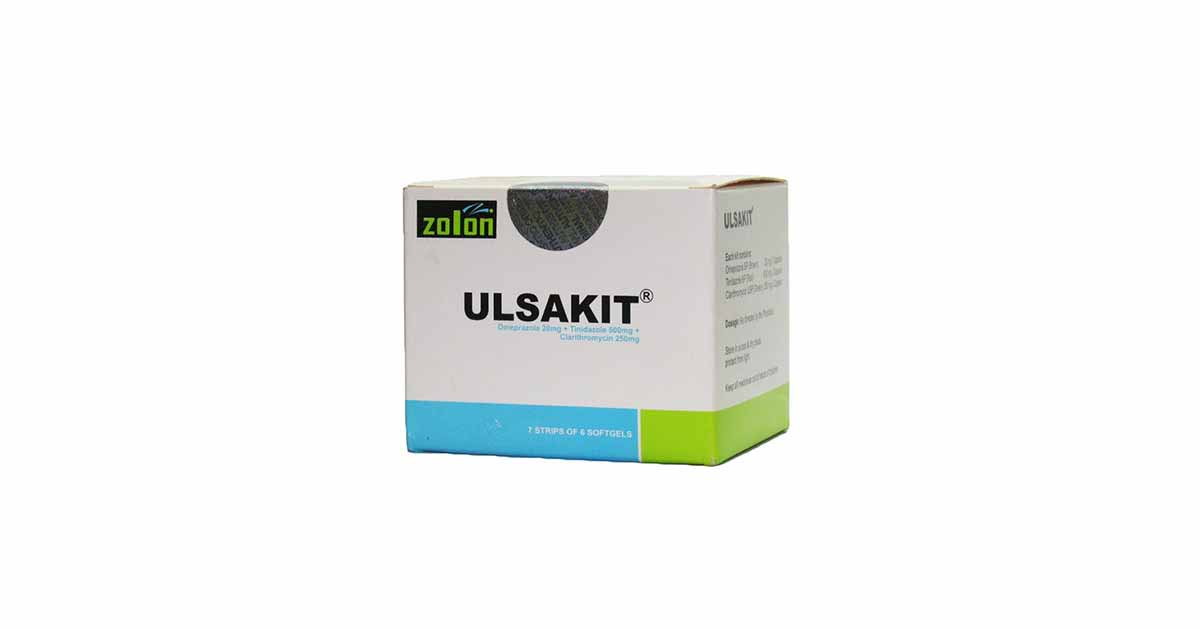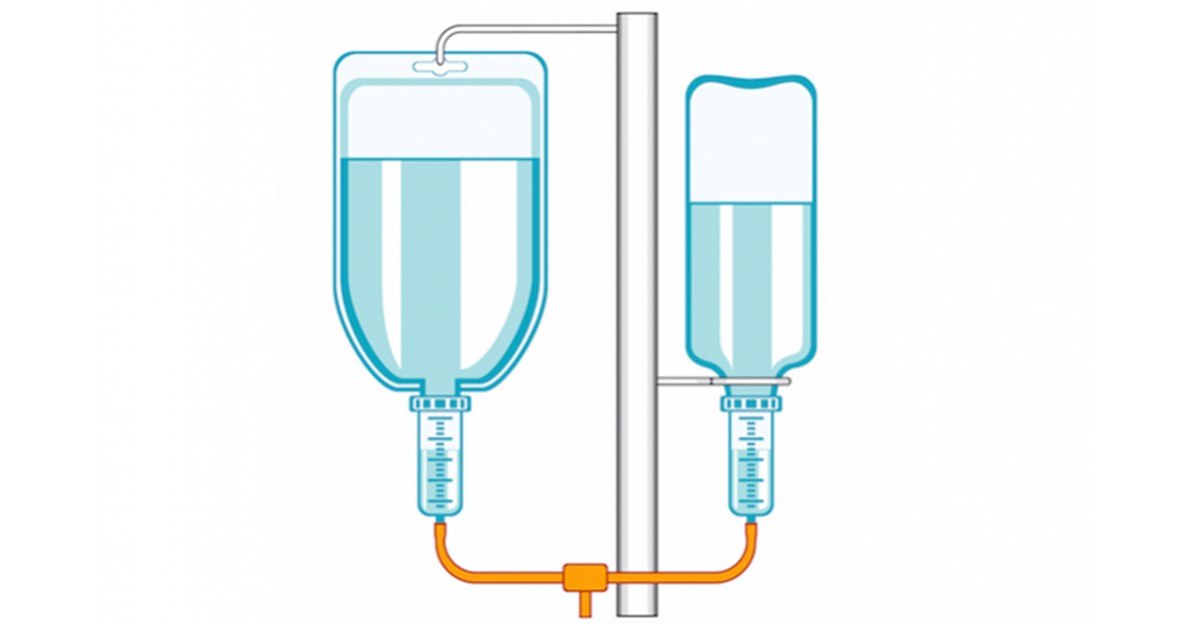High Strength Vitamin C: Major Health Benefits
High strength vitamin C is also called ascorbic acid (ascorbic acid is the chemical name of vitamin C). It is a water-soluble vitamin that helps in the normal body function, growth and development, wound repair, collagen formation, strengthening of the cartilage, bones, and immune system function. It also supplies antioxidant to the body, preventing oxidative … Read more










